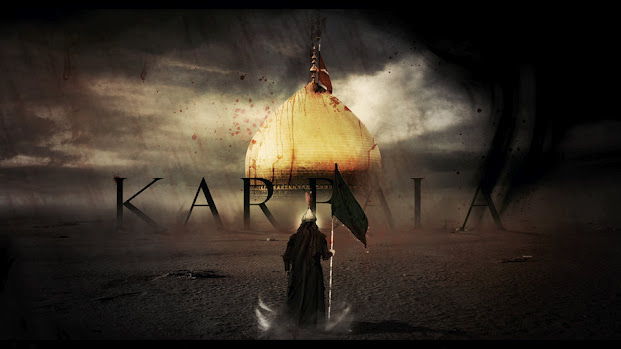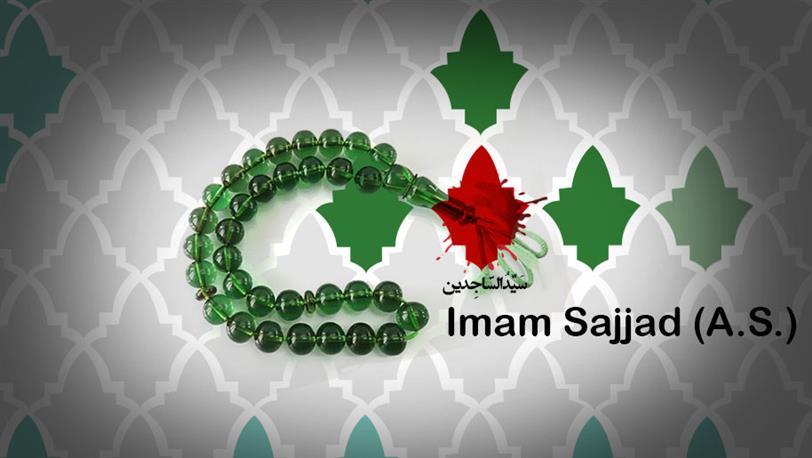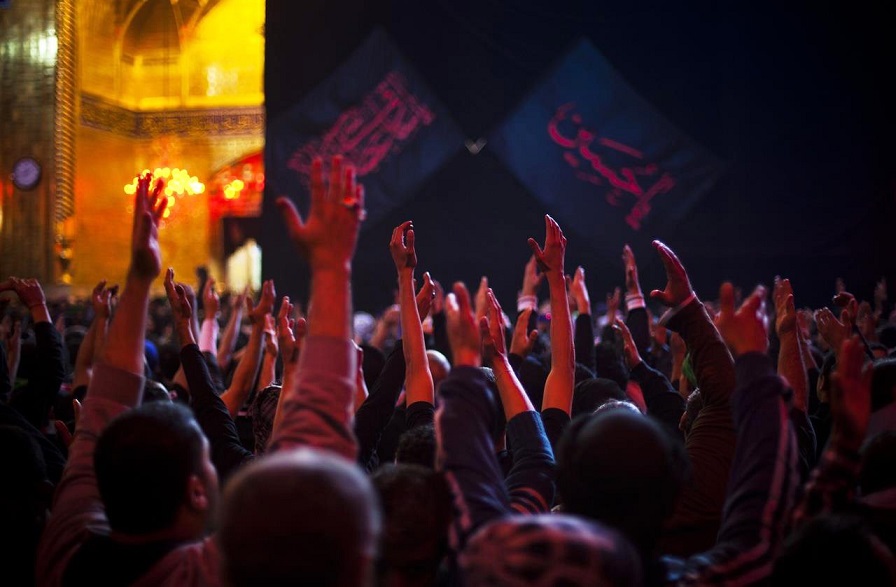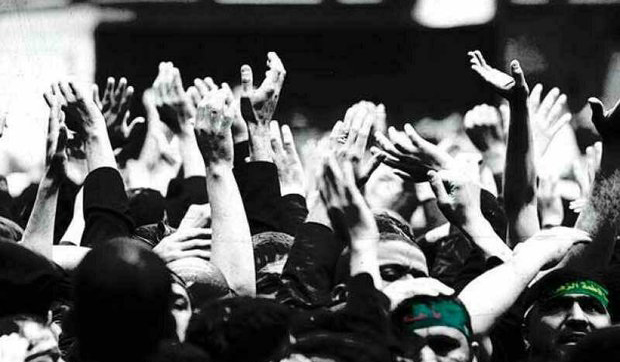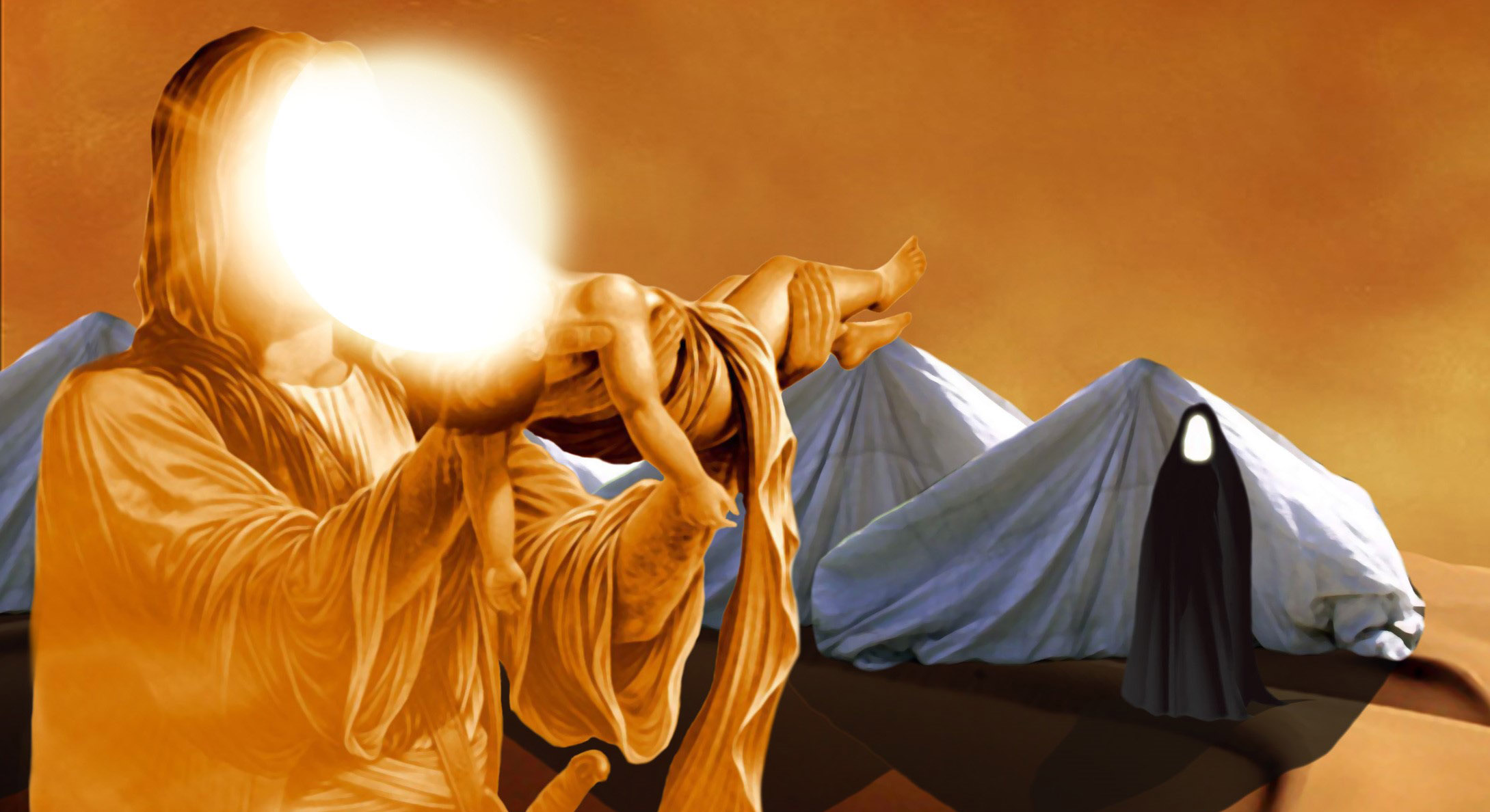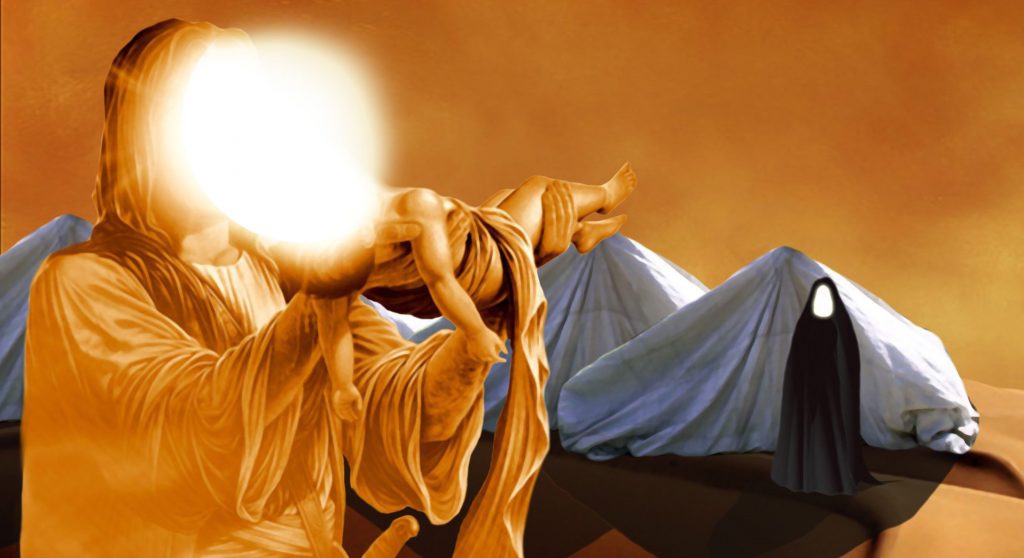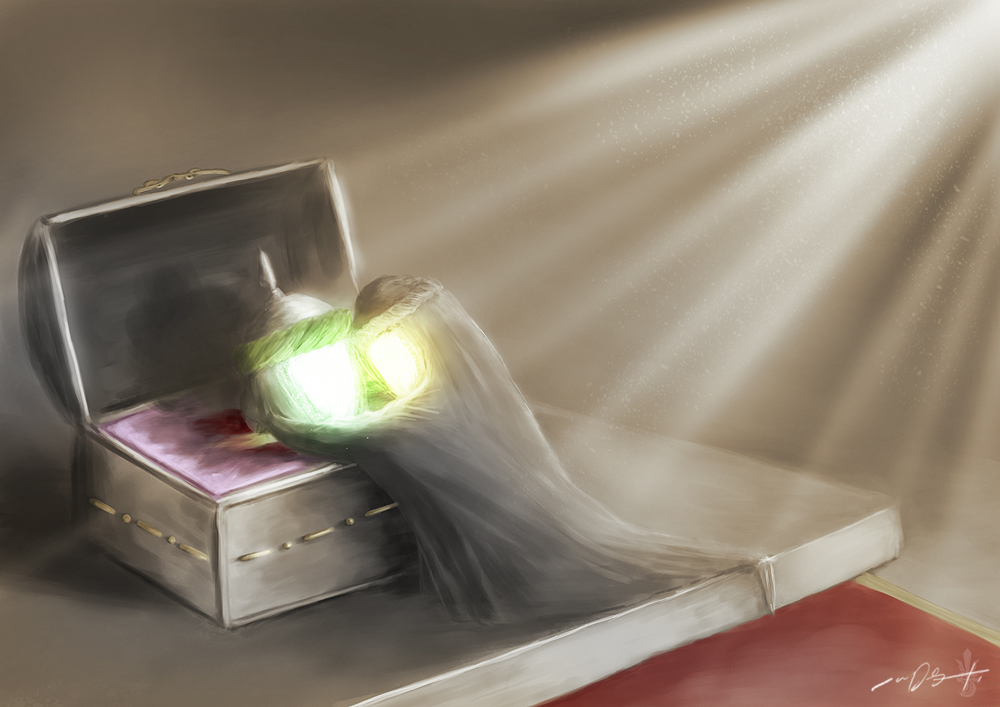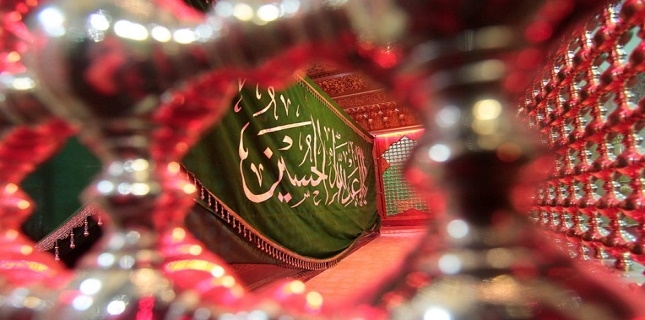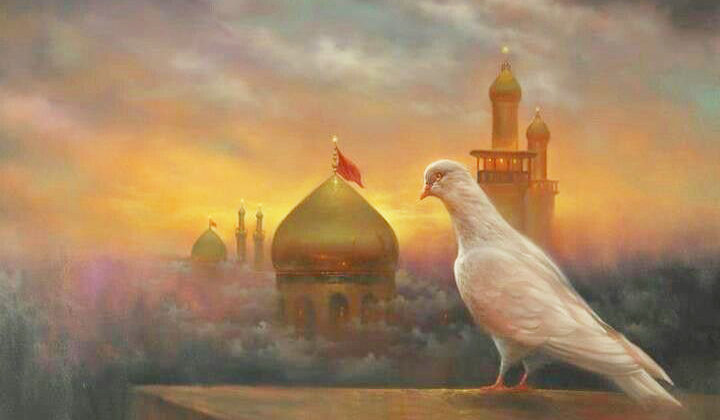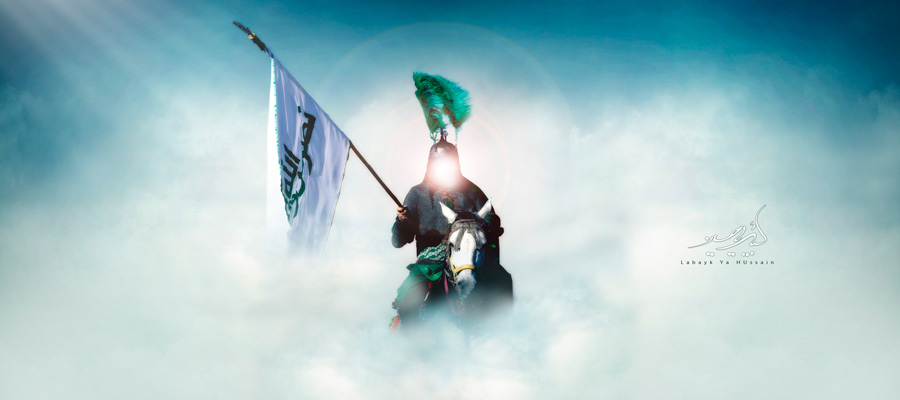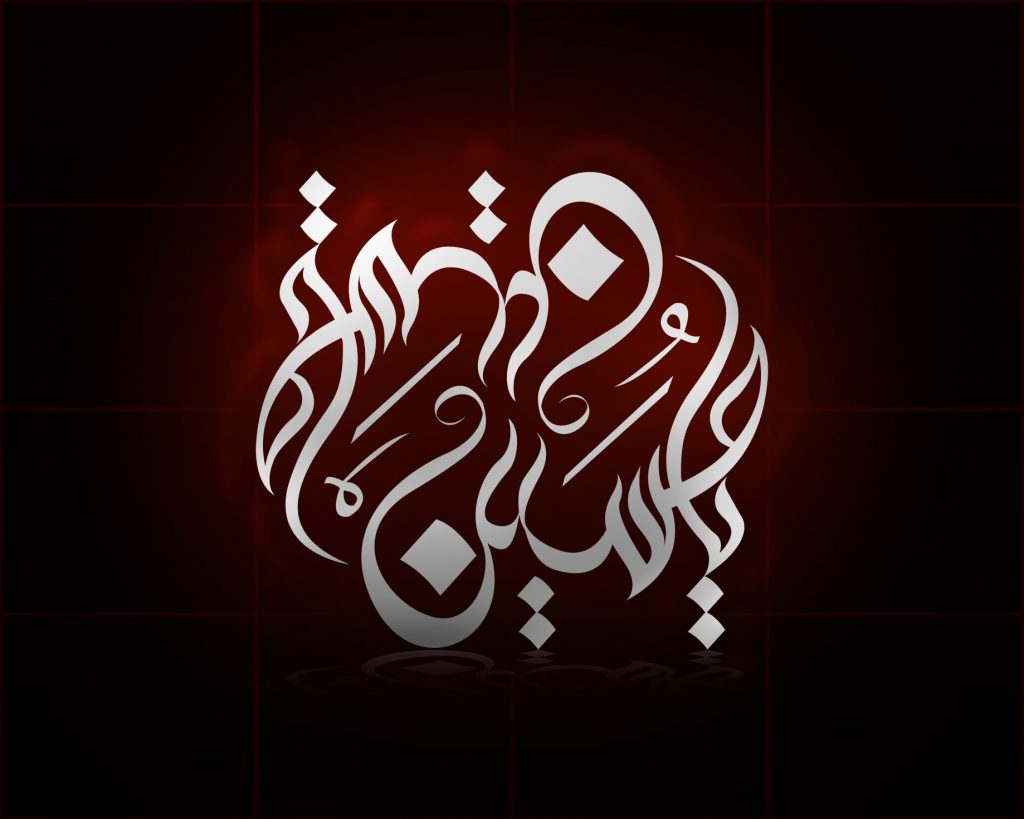Consequences of Imam Husayn’s Uprising and Its Relationship with Mahdism
Consequences of Imam Husayn’s Uprising and Its Longitudinal Relationship with Mahdism
One of the common beliefs in all major religions in the world is the belief in a savior.
The savior who will emerge on the last days and will fight against the oppression and will ultimately establish the rule of divine justice throughout the world and reinstate the rights of the impoverished and all of humanity.
Basically, the uprising of a savior in Apocalypse is a continuation of the Ashura uprising. The uprising of Imam Husayn (pbuh) was created on the axis of a just, knowledgeable, brave and godly Imam, who would cut the root of oppression of the corrupt and oppressive regime of a bloodthirsty ruler like Yazid from the oppressed.
The resurrection of the savior in the apocalypse, in that sense, can be regarded as the continuation of the uprising of Ashura, which in many aspects are similar in nature, cause and form.
common characteristics of the companions
One of these similarities is the common characteristics of the companions of Imam Husayn (pbuh) and the Companions of the Savior in the Apocalypse. Undoubtedly, success in carrying out the important responsibilities entrusted to fellows of the two great Imams, is not possible except through having the supreme humane and divine virtues. So let’s take a look at some of these features:
1. Firm Faith: Imam Husayn’s loyal fellows reached the most complete stages of faith and were ready to be martyred in the way of the rule of the divine justice.
[irp posts=”12384″ name=”The Views of Sunni Scholars and Mourning Practices”]
The sacrifices of these people in the Ashura incident shows their supreme confidence and faith. The companions of the apocalypse savior, as Imam Saadiq (pbuh) put it, are men is if to have their own are iron pieces. The dust of doubt in the sacred nature of Allah does not pollute their hearts … They fear the unhappiness of their God. They pray for martyrdom and they wish to sacrifice themselves in the cause of God.
2. Insight and Consciousness: In the era of the Umayyad rule, it was not an easy task to recognize the legitimacy of Imam Husayn (pbuh) because of poisonous propaganda against the Prophet’s family, and even many great politicians, were under the influence of the ruling regime, and criticized the uprising of the Prophet and the so-called benevolent people advised Imam to stop dissenting Yazid, and to reconcile with him.
In such a situation, some of the insightful youth recognized the necessity to join the uprising of Imam Husayn (pbuh) and, with all their being, supported him, and did not hesitate for a moment.
The fellows of the promised Savior are also in the best in tact and wisdom among the people of their time. The savior’s fellows, in the seditious ways in which people are deviated from the right way, consciously seek the right way and recognize the right from falsehood.
3. Sacrifice and Selflessness: The companions of Sayyid Al-Shohada (pbuh) showed themselves for sacrifice so much that a sacrifice of this kind is unique in the history of the humanity, as sacrifice and equality have united the hearts of the associates of the apocalypse savior and they share each other’s hardships. As if the same parents have raised them. Their hearts are full of kindness and goodwill toward each other.
4. Courage and bravery: One of the most prominent traits of the Companions of Sayyid Al-Shohada (pbuh) was their courage and bravery;
in a way that each of them, in opposition to hundreds of Yazid’s soldiers, was proud to resist, after a worthy and noticeable war, they reached the high degree of martyrdom. Imam Baaqir (pbuh) says in description of bravery of the companions of apocalypse savior:
«It seems as if I see them having hearts like steel, everywhere in the radius of one month, fear will overshadow the hearts of the enemies».
source: www.Byislam.com
you can also read: Understanding Karbala
you can also watch our Chanel in YouTube : Byislam

